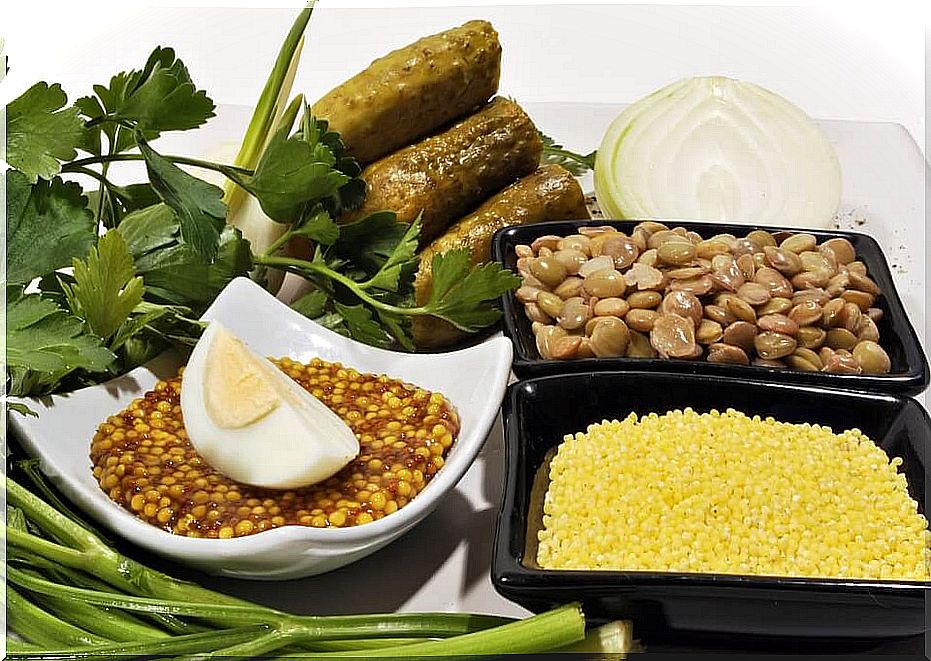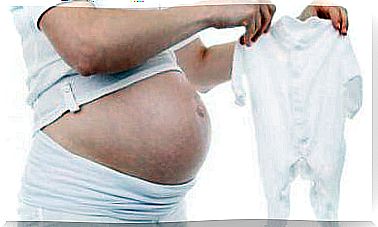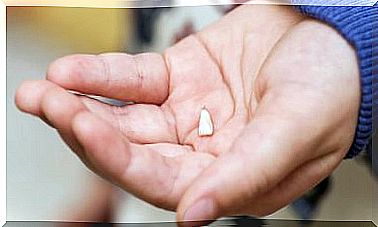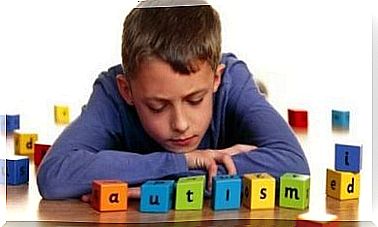How Low Weight Affects Pregnancy

The basic needs so that a fetus can be properly formed in the womb, and that the mother’s body also supports changes well, are multiple. Many women sacrifice beauty for health, or simply cannot compensate for the right nutrients in their bodies. This situation leads us to think about how low weight affects pregnancy.
It is clear that, when a woman is pregnant, she must eat enough food to allow her to be in optimal health conditions.
It is often thought that pregnant women have a voracious appetite and cravings that lead them to eat quite regularly. They are therefore believed to be in good weight and in optimal health. However, if that is not the case, what about the fetus and the mother?
How Low Weight Affects Pregnancy
Low pregnancy weight affects the mother and the fetus in multiple ways. Women who are underweight or undernourished are classified as high-risk type I pregnancies and high-risk type II pregnancies.
Type I high-risk pregnancies
A woman is considered to have a type I high-risk pregnancy if she is in good health but is exposed to factors such as malnutrition, extreme poverty, illiteracy, smoking, or alcoholism.
Type II high-risk pregnancies
In high-risk type II pregnancies are the future mothers with diseases such as diabetes, pre-eclampsia or HIV. Also included are pregnancies in which the fetuses are underweight or underweight than recommended by pediatricians.
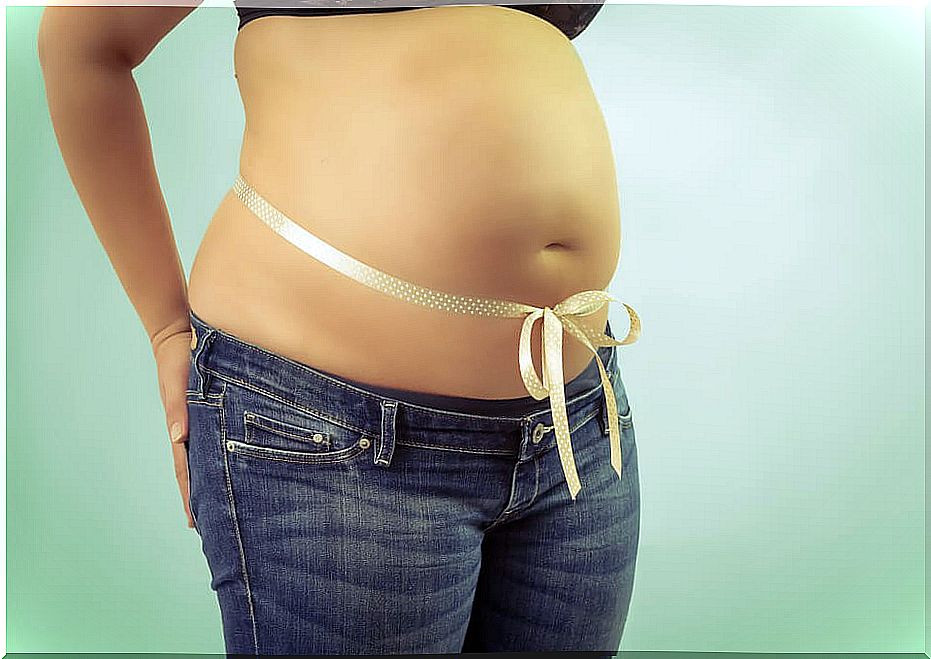
These classifications report that both mothers and fetuses who are undernourished or underweight are at risk of developing disease. Now, specifically, how does low pregnancy weight affect the baby and the mother?
Specific consequences of being underweight in pregnancy
The most direct consequences linked to low weight in pregnancy, according to a study published in Women and Birth , are:
- Run the risk of having a miscarriage.
- Probability of premature labor.
- That the baby has a lower weight than recommended.
- Death of the baby within a few weeks of birth.
- That the child has marked disorders related to his growth and his mental capacities.
When is a pregnant woman considered to be too thin
The thinness in each woman can vary depending on her height and genetic traits. It is estimated that a woman with a body mass index lower than 19 points already shows signs of great thinness; But, how to know if, in addition, the pregnant woman is malnourished?
It is important to clarify that, although a woman eats in quantity, that does not mean that she is eating well. It could happen that what you consume does not contain enough nutrients and vitamins that the body needs not only for its proper functioning, but also to be able to form a new life.
To detect if a woman is malnourished, there are some signs that are manifested in the body. The most characteristic are:
- Weak muscles and little strength.
- Constant feeling of weakness.
- Too dry skin in various areas of the body, including the lips.
- Hair loss.
- Cavities.
- Concentration problems.
- Heart problems.
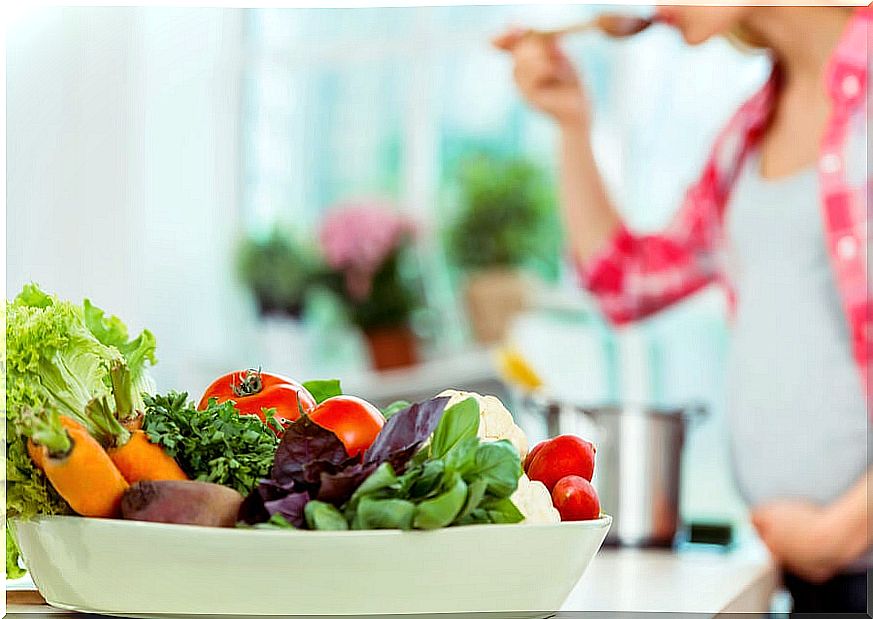
Recommendations regarding food
If you are pregnant, it is essential that you change your eating style and prioritize organic food over so-called fast food. It is vital that you include vegetables, fruits and lean meats in your diet.
The increase in calories should be in a range of 150 per day during the first trimester of pregnancy; for the second and third, meanwhile, it should approach 350 calories a day. Otherwise, a problem could be generated in the growth of the fetus. This is stated by research published in the International Journal of Epidemiology.
If you have particular health conditions such as diabetes, you are celiac, suffer from allergies or food intolerances, remember that your treating doctor may recommend a diet that suits your needs.
You do not need to pay for a specialist if your financial situation does not allow it; you can go to public health services. Get advice in your country for free assistance.
Improve diet during pregnancy
Finally, the enormous variety of recipes for pregnant women that are available can be of great help. With them, you will surely find the ones that suit your needs for all daily servings.
